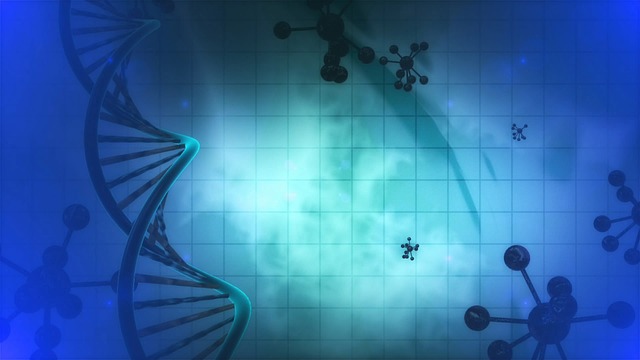The biotech and life sciences industries are some of the most rapidly evolving sectors in today's economy, with new breakthroughs and discoveries happening all the time. However, with this rapid growth also comes a plethora of information that must be organized and analyzed to make sense of it all. This is where artificial intelligence (AI) comes in.
Biotech & Life Science Data
Machine leaning is a powerful subset of AI that allows computers to learn from massive datasets without the need for explicit programming, meaning computers can now act as the world’s quickest (and most agreeable) research assistants.
Jokes aside, computers configured with AI-powered machine learning models can comb through millions of lines of data to organize, compile, and recognize patterns present in clinical trials and genetic sequences in mere seconds. Efficiency gained during research and development now translates to a more streamlined process for bringing new treatments to market.
In addition to process efficiencies when it comes to development of treatments, machine learning can also aid researchers by essentially scanning all published research about a specific topic to identify patterns and “missing pieces,” allowing researchers to better pinpoint opportunities for new discoveries to advance the life sciences and biotech industries.
Other Ways AI Aids Biotech & Life Science
Along with machine learning, biotech and life science companies are gaining an edge through natural language processing (NLP), which is a branch of AI allowing computers to understand and process human language.
NLP has a superpower: analyzing published scientific literature, from research papers to patents, to develop and identify patterns and possible gaps within the current published research.
AI is also aiding in more efficient clinic trials in precision medicine by identifying groups of patients whose genetic and health history may make them more likely to positively respond to any given treatment, which in turn leads to smaller sample sizes, speeding the process and time it traditionally takes for a drug to reach the market
If you're in the market for creative and innovative ways to employ AI using machine learning and natural language processing to increase the speed with which you can process and analyze data, then you’ve come to the right place!
Contact us today and learn how iuvo can create and implement powerful AI models to give your company the competitive edge required to stay on the leading edge of research and development within the biotech and life sciences industries.
-1.png?width=350&height=117&name=iuvo_logo_blue_Transparent%20(1)-1.png)
